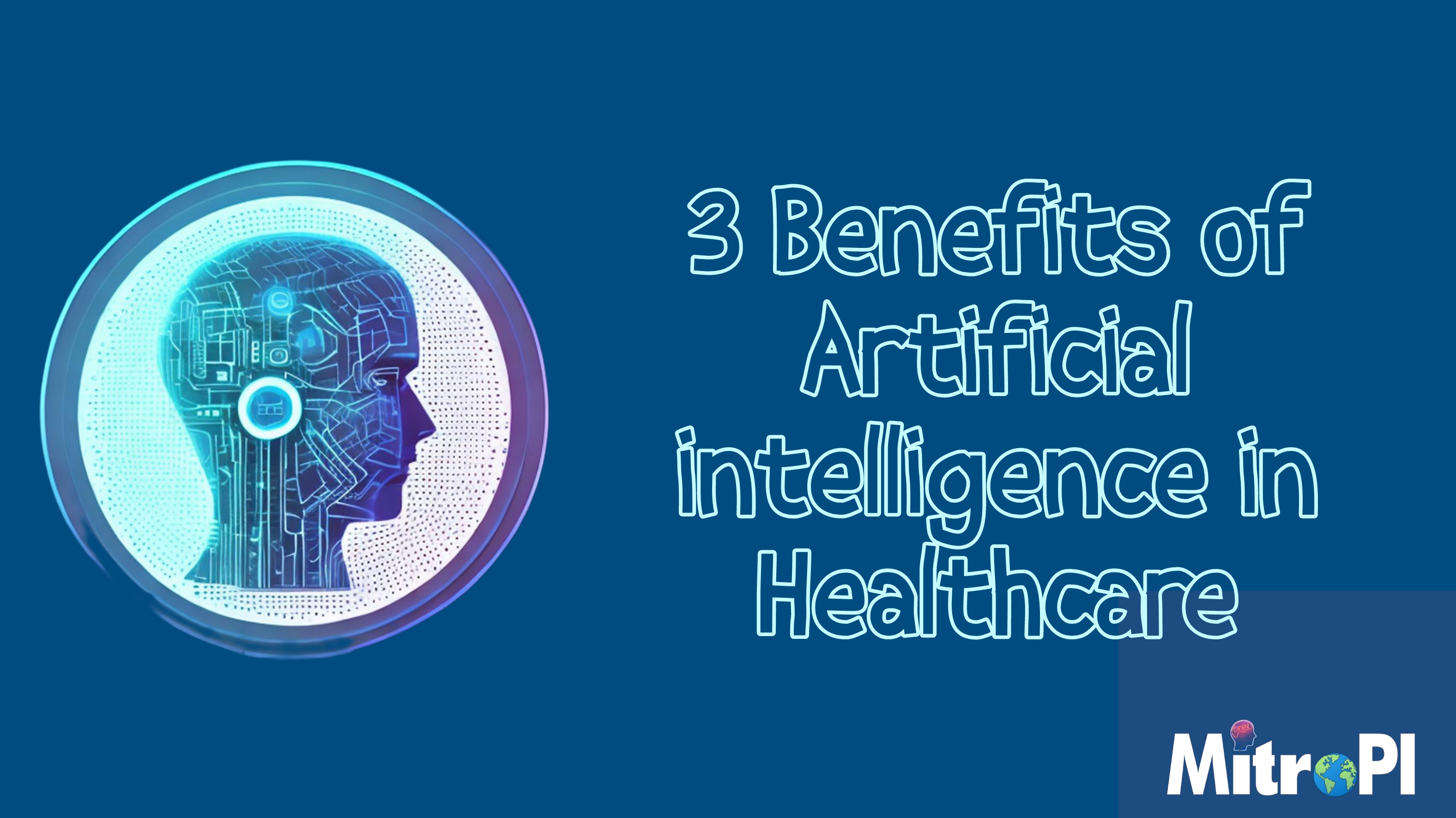The history of the word "Disease" goes back to the 16th Century. But as diseases were there since the beginning of life, healthcare has to develop to match the speed at which these diseases get aggressive. Today we are going to talk about how AI is helping us in the field of health.
There are numerous potential applications of Artificial Intelligence in the disciplines of medicine and healthcare thanks to developments in analytical and computing techniques and the explosion of data in Healthcare Organizations. So let's start with our list.
1. Surgery
AI has played a pivotal role in the remarkable advancements of robotic surgery, enabling robots to perform intricate surgical procedures with the progress in electronic technology. The Robot is still operated by the surgeon but it can perform micro dissections and access tiny areas that a human hand would find impossible. Robotic arms exhibit the capability to execute highly precise procedures on both the brain and heart with flawless accuracy. This has demonstrated the lesson complications and the danger of blood loss as all data from robotic procedures can easily be stored in digital media, it helps with surgeon education and training.
2. Medical Imaging
AI solution used in medical imaging support labor-intensive image scanning and case triage by surfacing valid insights that help Radiologists identify critical cases first, make more accurate diagnosis and possibly avoid errors while utilizing the breadth and complexity of electronic health health records. Large data sets with hundreds of photos can be produced by a conventional clinical trial, creating huge volumes of data that need to be reviewed as studies from the entire healthcare sector can be examined for patterns and hidden links using AI algorithms. It speeds up the process of finding important information for imaging specialists.
3. Diagnosis and Treatment
For the past 50 years disease diagnosis and treatment have been center of Artificial Intelligence in healthcare. Despite the fact that early rule-based systems could accurately diagnose and treat diseases. The clinical practice didn't fully embrace them. They were noticeably more accurate at diagnosing compared to humans and the interaction with physician workflows and health record system wasn't great. However weather rules based on algorithmic, it has now been integrated into clinical practice for diagnostic purposes and making treatment plans. So now medical software suppliers offer a large number of independent AI and healthcare capabilities for diagnosis and treatment that are focused on a single discipline of medicine.
AI is changing healthcare in significant ways. It aids doctors in diagnosing and treating patients with greater effectiveness. While there are some concerns to address, AI has the potential to make healthcare better for everyone, offering a brighter future for both patients and doctors.
